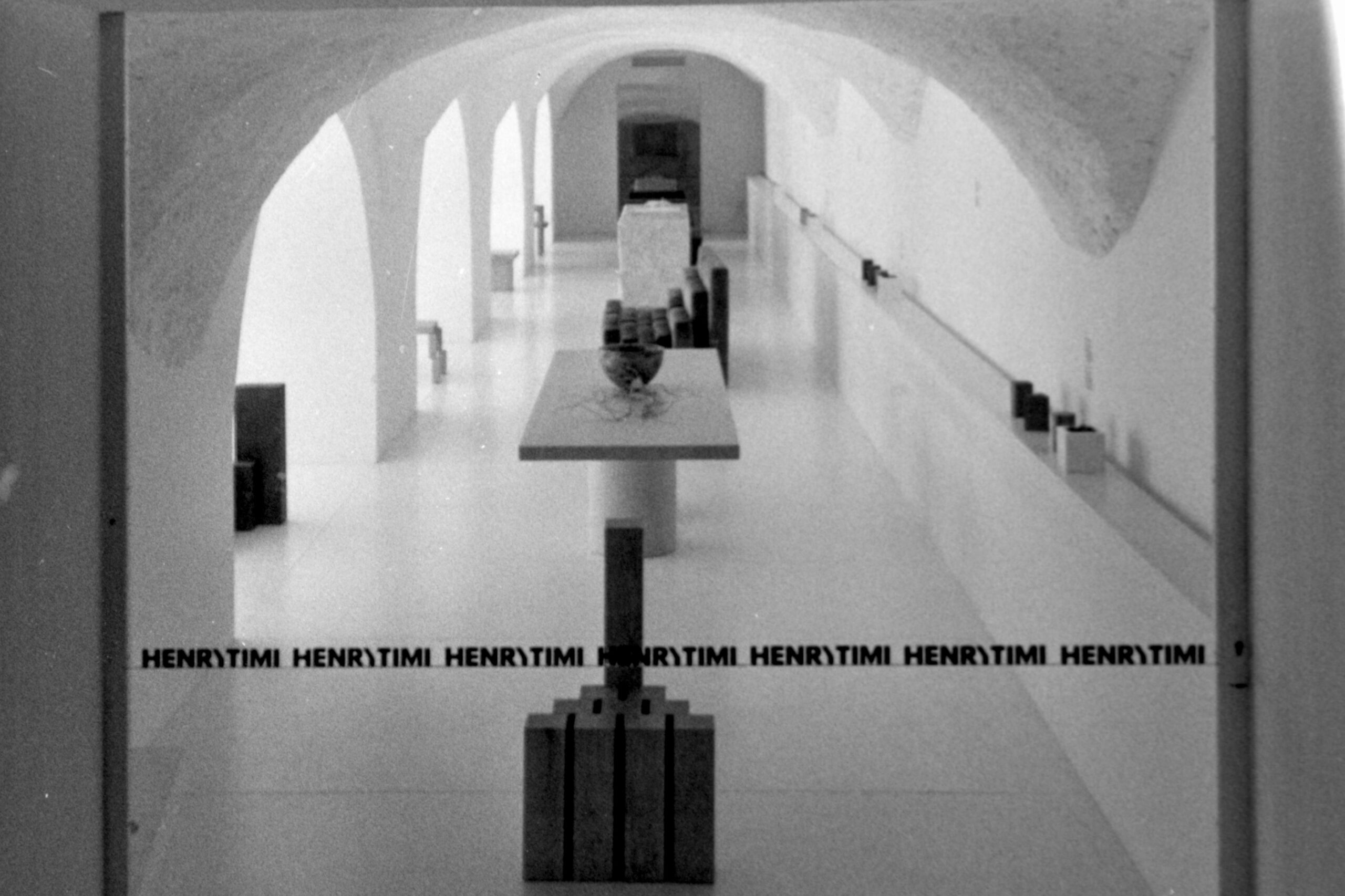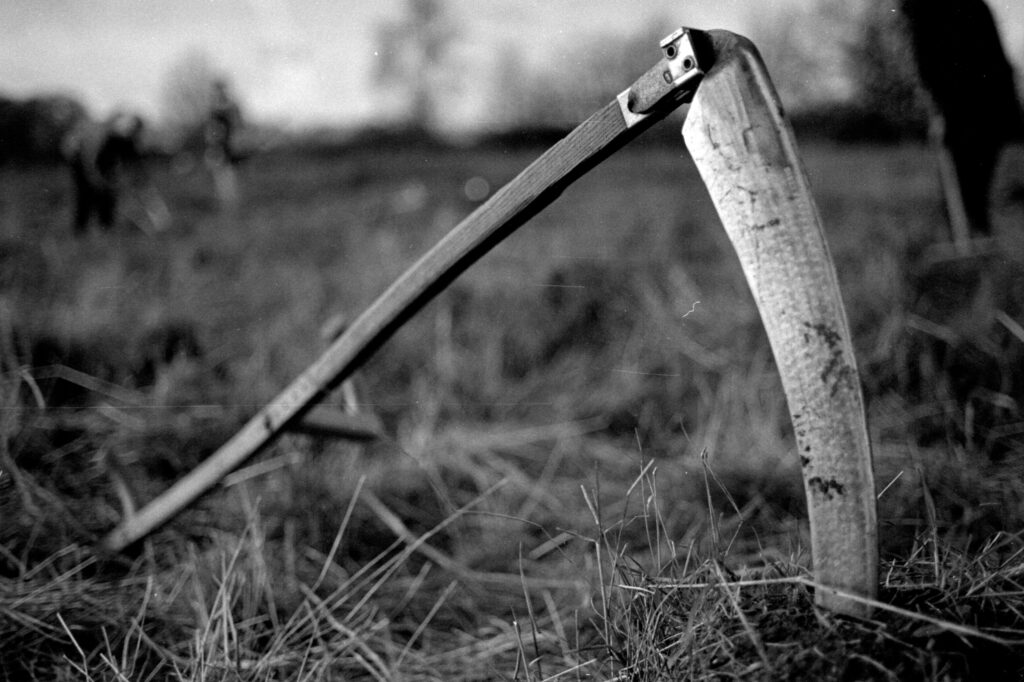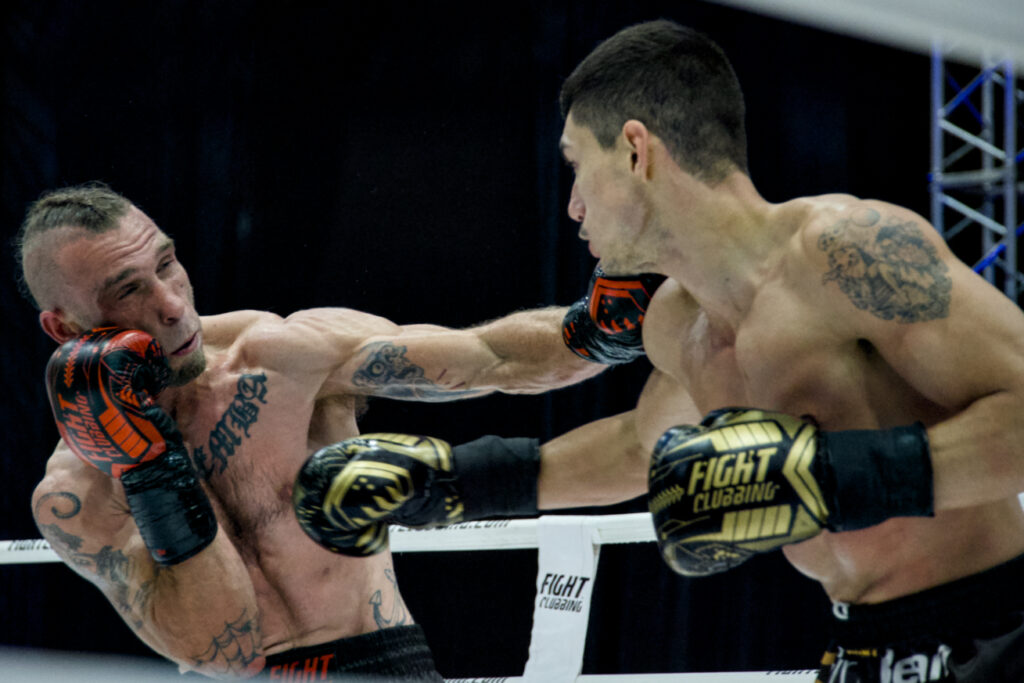A number of philosophies and religions preach the virtue of detachment from things as a path to enlightenment. When applied to gear, this advice won’t only save your soul —if you believe there’s one— but also your money and, last but not least, your photograph experience. This means avoiding the development of ‘feelings’ towards a camera or a lens that shift from appreciating their value as a tool to some sort of ‘personal engagement’.
As odd as it sounds, such an attitude towards an inanimate object is more frequent than one may imagine. A paradigmatic case is the attachment of AIBO’s owners to their robotic pets: they developed such a strong bond that they requested a funeral service when the toy broke or ceased to function.
It would be a simplistic approach to label this behaviour as an oddity or as one of the many unconventional things people do in (and with) their lives. Humans have been using tools for millennia, and this connection is something we have experienced for a considerable length of time. Tools have played an instrumental role in facilitating survival and meeting our aesthetic needs. As a symbol, they have the capacity to act as a catalyst for both positive and negative endeavours. It is not unexpected that an intangible connection may be established. However, it is important to note that the perceived energy of an object, whether positive or negative, is influenced by our own state of mind and not by the object itself.
The point of all these musings is simple: understanding why we feel ‘attached’ to a specific camera or lens allows us to express ourselves better through photography. If we see a camera as an inanimate tool, we can focus on how to use it and make the most of it. By contrast, if we turn the camera into some sort of relic to be worshipped, it will be the camera that governs us.
Share this post:









Comments
Sergio Palazzi on On Detachment. Or ‘If You Love Something, Set It Free’ (cit. Sting)
Comment posted: 05/06/2025
Greg Hammond on On Detachment. Or ‘If You Love Something, Set It Free’ (cit. Sting)
Comment posted: 05/06/2025
When I image with my 8x10, it is a very different feeling from my full frame or MF film or digital. That difference is perceived by me in how I enjoy the process, in how my immersion in time and place is different from other tools, etc. There is a relationship between the device and me, that is distinct from the device itself, but causes me to appreciate (or in rare cases, dislike) the device for what it is. I don’t think that’s “worship.” I think that is appreciation, and the depth of that appreciation might cause me to have feelings of attachment that are not about possession, but are about enjoyment. And even fulfillment.
Comment posted: 05/06/2025
Comment posted: 05/06/2025
Russ Rosener on On Detachment. Or ‘If You Love Something, Set It Free’ (cit. Sting)
Comment posted: 05/06/2025
Stefan Wilde on On Detachment. Or ‘If You Love Something, Set It Free’ (cit. Sting)
Comment posted: 05/06/2025
Comment posted: 05/06/2025
Mark Ellerby on On Detachment. Or ‘If You Love Something, Set It Free’ (cit. Sting)
Comment posted: 06/06/2025
Scott Ferguson on On Detachment. Or ‘If You Love Something, Set It Free’ (cit. Sting)
Comment posted: 06/06/2025
Thank you for the revery. I can appreciate the kind of 'bond' we develop with a camera we love to use. Yes, it's a piece of mechanical or electronic machinery that records the world through either analog photochemical processes or a digital sensor, but there is something intimate about the way using a camera is an extension of your sense of vision and your brain, as well as our body, particularly our hands as we learn to use it in an increasingly unconscious way, knowing what the different controls will do without needing to stop and think about it as we shoot. I'm not sure about the soul, but I do feel like I enter a kind of meditative state sometimes when I'm shooting, especially with my 'primary' camera, a Leica M3. I also love shooting with my Hasselblad 500CM, but I haven't yet reached that intutive stage with the more complex mechanical/optical 'user interface' with lots of moving/detachable parts, especially the dark slide...
Leon on On Detachment. Or ‘If You Love Something, Set It Free’ (cit. Sting)
Comment posted: 07/06/2025
Christopher Welch on On Detachment. Or ‘If You Love Something, Set It Free’ (cit. Sting)
Comment posted: 12/06/2025
Robert Stammers on On Detachment. Or ‘If You Love Something, Set It Free’ (cit. Sting)
Comment posted: 06/07/2025
For me, as a camera conservationist, a hammer is a tool for a definative purpose, a hammer displays nor demands any aesthetic need for attachment (other than to the handle!). A camera on the other hand has the ability to invoke a mysterious bunch of emotive attachments.
Beauty by design, cameras (and cars) pocess this need and demand for us to express our feelings when we, not just use, but also look at a camera, observe it's surfaces and shape from all angles.
For example, take a look at these Konica Minolta digicams like the Dynax 7i or their Z5/Z6, or the Sony H1/H5. To me they have intrinsic beauty in their design aesthetics.
Of course beauty is subjective. But can we really link the term beauty to a camera.
For me yes you can. To me it feels natural to do so.
Thank you.
Comment posted: 06/07/2025
David Hume on On Detachment. Or ‘If You Love Something, Set It Free’ (cit. Sting)
Comment posted: 07/07/2025
I think you’re absolutely right to point out that attachment to objects can sometimes tip over into something that inhibits rather than supports creativity. I’ve seen that too — cameras that become too precious to use, lenses admired more than employed. And yes, recognising when sentimentality begins to govern our actions is a worthwhile bit of self-reflection.
That said, I found myself pausing at a few points. The idea that a camera is “just a tool” is one way to frame things, but not the only one. Many traditions — including various animist beliefs — would argue that objects can carry presence or spirit, and that our interaction with them is part of a reciprocal relationship. While that may not fit with a more orthodox Christian framing, it’s no less worthy of respect, and for some it provides a richer framework for understanding why a camera might come to feel like more than metal and glass.
On the Sting lyric, I’ve always understood “If you love somebody, set them free” as being quite literally about people — not objects — so applying it to gear feels like a bit of a stretch. The metaphor is still useful, but perhaps in a different direction than intended here.
And finally, the idea that to love something is to become enslaved by it — that feels to me like a misreading of what love might mean in a creative context. Many artists — not just photographers — form deep, even tender relationships with their tools. That’s not necessarily worship or idolatry. Sometimes it’s just care, or a form of attentiveness. A way of saying: I know this tool, and it knows me back — even if that knowledge is really just familiarity and fluency developed over time.
None of this is to diminish your point — that clarity, detachment, and awareness can be valuable. I suppose I’d just want to hold space for the idea that affection and reverence, when not taken too far, can also be part of the richness of the photographic experience.
Thanks again for the provocation — I appreciated the opportunity to think it through.